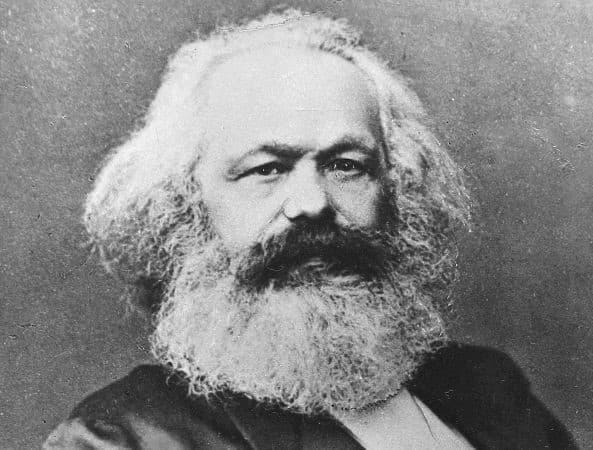Karl Mark Biography – Biography Books: It may seem paradoxical that Marx , whom numerous working-class movements of our time claim as their Master and infallible guide to revolution, should have come from a cushty middle-class home.
Yet to a remarkable extent he does himself epitomise his own doctrine that men are conditioned by their socio-economic circumstances. The German city during which he grew up gave him a way of long historical tradition and at the same time close contact with the grim realities of the underdevelopment then characteristic of Germany.
Thoroughly Jewish in their origins, Protestant by necessity yet living during a Catholic region, his family could never regard their social integration as complete.
The sense of alienation was heightened in Marx’s personal case by his subsequent inability to obtain a teaching post in a university system that had no room for dissident intellectuals.
The writer of this biography book “Karl Mark Biography – Biography Books” is David McLellan.
Marx was born in Trier on 5 May 1818. A community of about 15,000 inhabitants, it was the oldest city in Germany1 and also one of the loveliest – situated as it was in the Mosel valley, surrounded by vineyards and luxuriating in an almost Mediterranean vegetation.
Under the name of Augusta Treverorum the city had been considered the Rome of the North and served as the headquarters of the most powerful of the Roman armies.
Marx’s father was remarkably unaffected by this centuries-old tradition of strict Jewish orthodoxy. He had broken early with his family, from whom he claimed to have received nothing ‘apart from, to be fair, the love of my mother’,6 and often mentioned to his son the great difficulties he had gone through at the outset of his career.
At the time of Marx’s birth he was counsellor-at-law to the High Court of Appeal in Trier; he also practised in the Trier County Court, and was awarded the title of Justizrat (very roughly the equivalent of a British Q.C.). For many years he was President of the city lawyers’ association and occupied a respected position in civic society though he confined himself mostly to the company of his colleagues.








